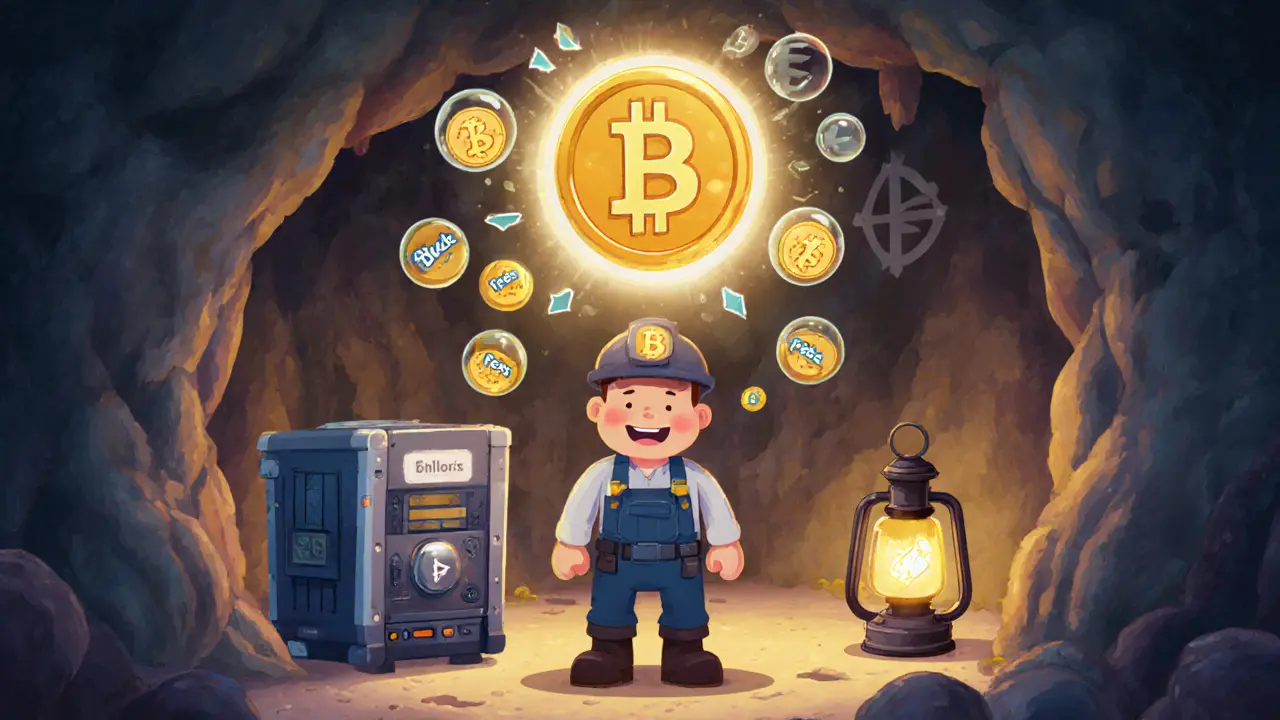Transaction Fees
When talking about Transaction Fees, the costs you pay each time you move crypto on a blockchain or through an exchange. Also known as tx fees, they show up as a tiny line item in every wallet or platform receipt. transaction fees matter because they directly cut into your profit, whether you’re swapping tokens, sending money abroad, or minting an NFT.
Key fee types you’ll run into
First, gas fees, payments to miners or validators for processing a transaction on networks like Ethereum, Binance Smart Chain, or Polygon are the most visible. Gas fees fluctuate with network congestion, so a simple token swap can cost pennies one minute and dollars the next. Next, exchange fees, the commissions charged by centralized or decentralized exchanges for each trade add a layer on top of gas costs. Some platforms bundle a small percentage of the trade value, while others list a flat maker/taker spread. Finally, a growing niche is the zero‑fee DEX, decentralized exchanges that eliminate trading fees by subsidizing gas or using alternative revenue models. Projects like QuickSwap V3 on Manta Network promise “zero fee” swaps, but they often offset costs via higher token requirements or liquidity incentives. Understanding how these three fee families interact helps you predict the true cost of any crypto move.
Beyond the raw numbers, fees influence strategy. High gas periods push traders to batch transactions, use layer‑2 solutions, or switch to cheaper chains. Exchange fees make it worth comparing order book depth, fee tiers, and native token rebates before committing to a platform. Zero‑fee DEX options can be attractive for small‑scale swaps, yet you should verify the hidden trade‑offs—like token lock‑ups or lower liquidity—that might affect slippage. The posts below dive into real‑world examples: a Binance Smart Chain airdrop where gas spiked, a review of Uniswap V4’s gas‑saving hooks, and a look at how Egyptian banks monitor crypto transfers to enforce compliance. You’ll also find step‑by‑step guides on cutting fees when staking, using VPNs safely in high‑risk jurisdictions, and navigating tax‑free crypto policies in Singapore and El Salvador.
Armed with this overview, you can pick the cheapest route for each transaction, spot when a “zero‑fee” claim is a marketing gimmick, and avoid hidden costs that eat into your returns. Below you’ll find a curated list of articles that flesh out these ideas with data, screenshots, and actionable checklists—so you can start saving on every move you make in the crypto world.
Understanding Mempool Size and Congestion in Blockchain Networks
Learn how mempool size and congestion affect Bitcoin transaction times and fees. Understand what causes delays, how to check real-time network conditions, and what to do when your transaction gets stuck.
Block Reward vs Transaction Fees: How Crypto Miners Earn Money
Explore how block rewards combine new coins and transaction fees, why fees matter for Bitcoin and Ethereum security, and what the future holds for miners and validators.





